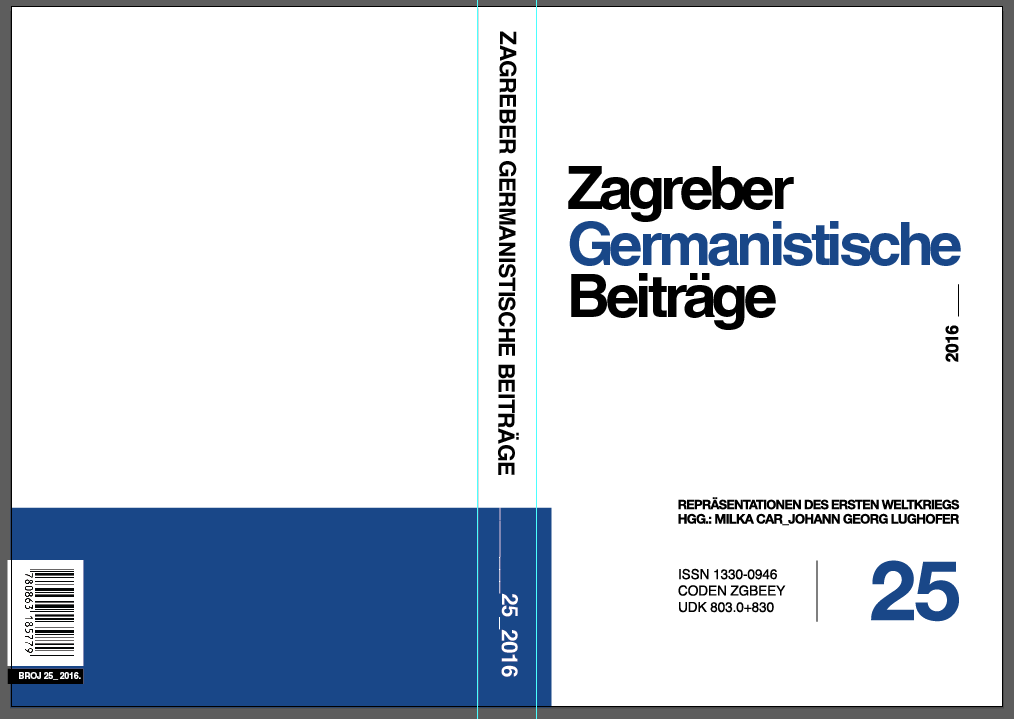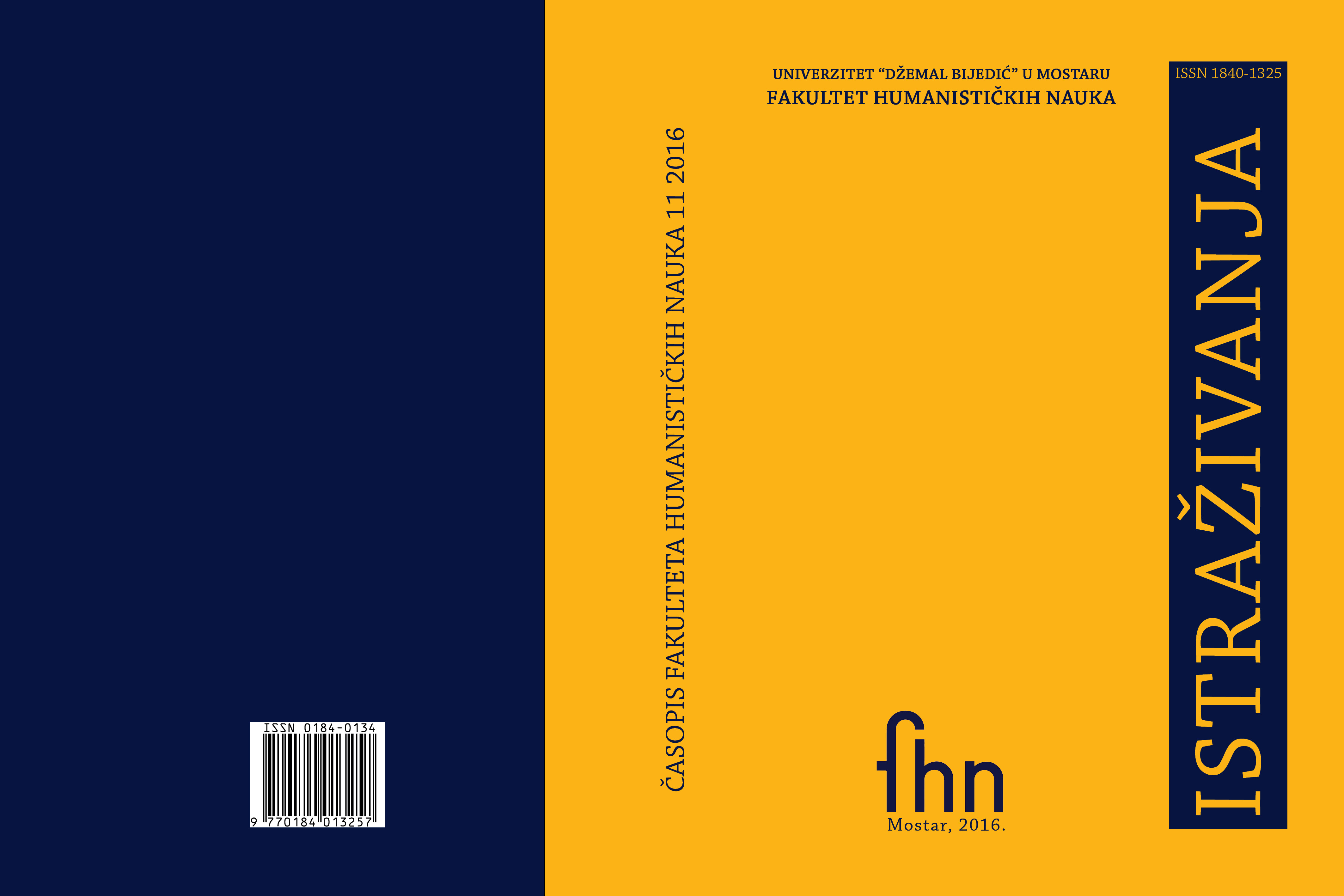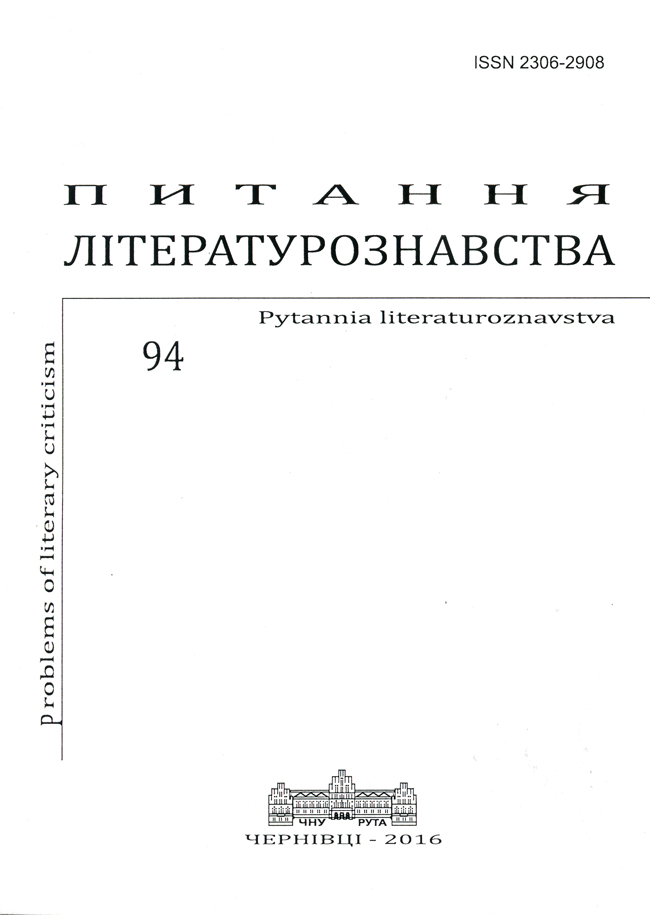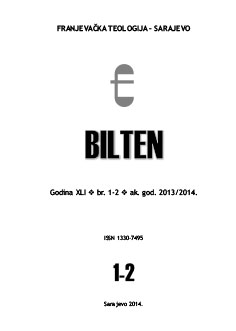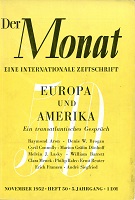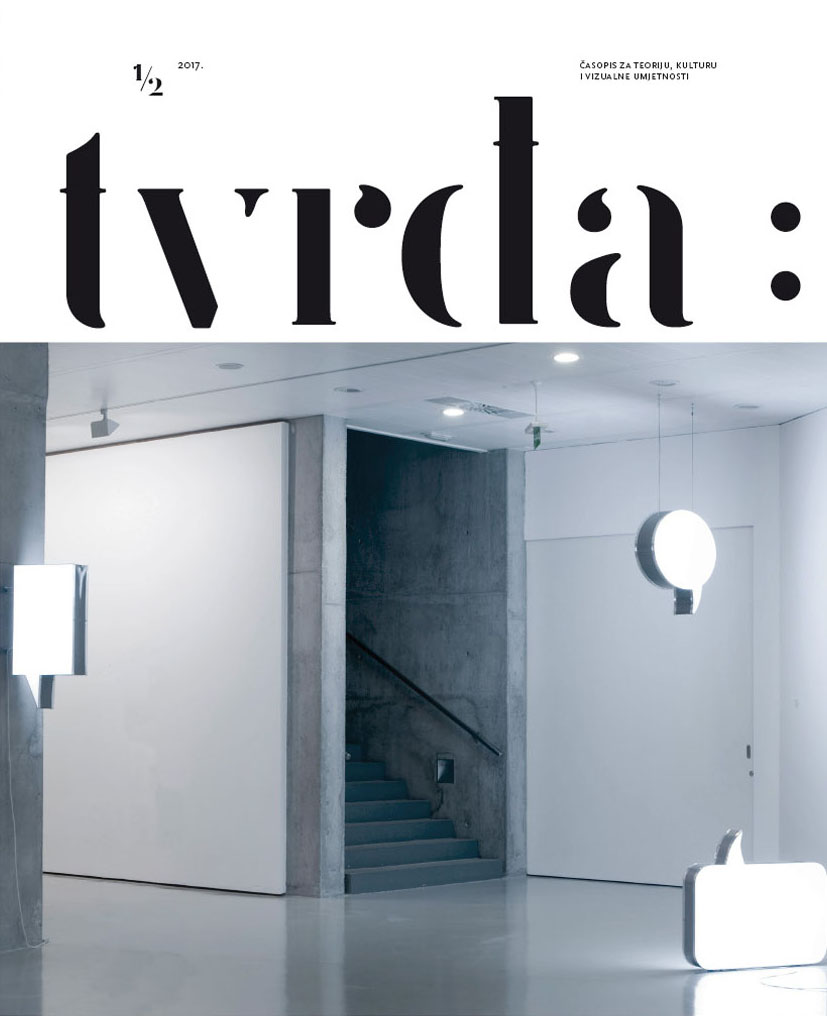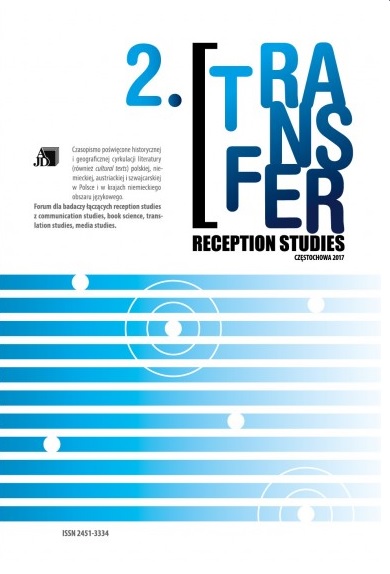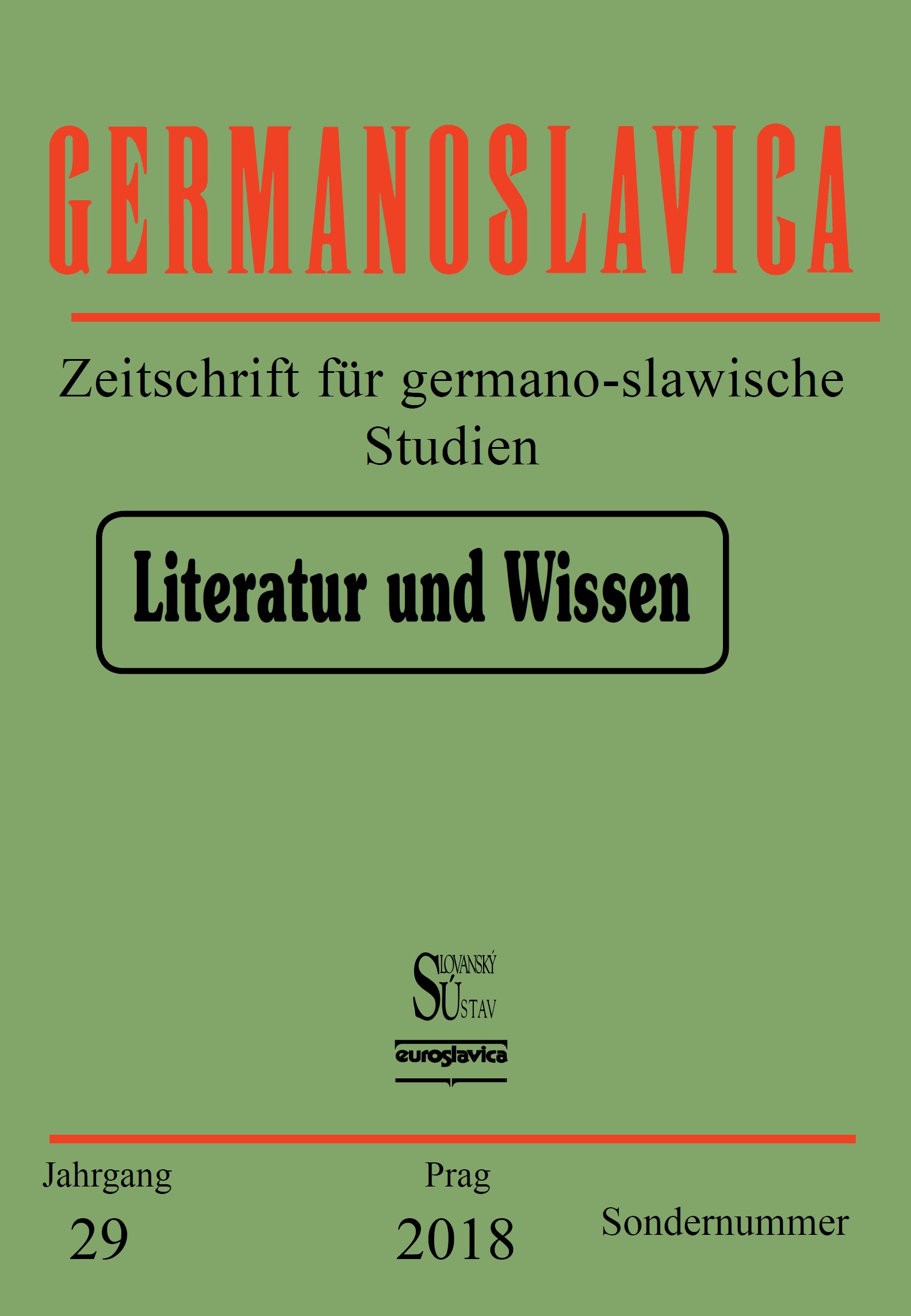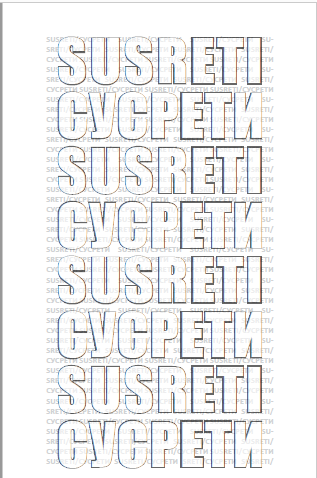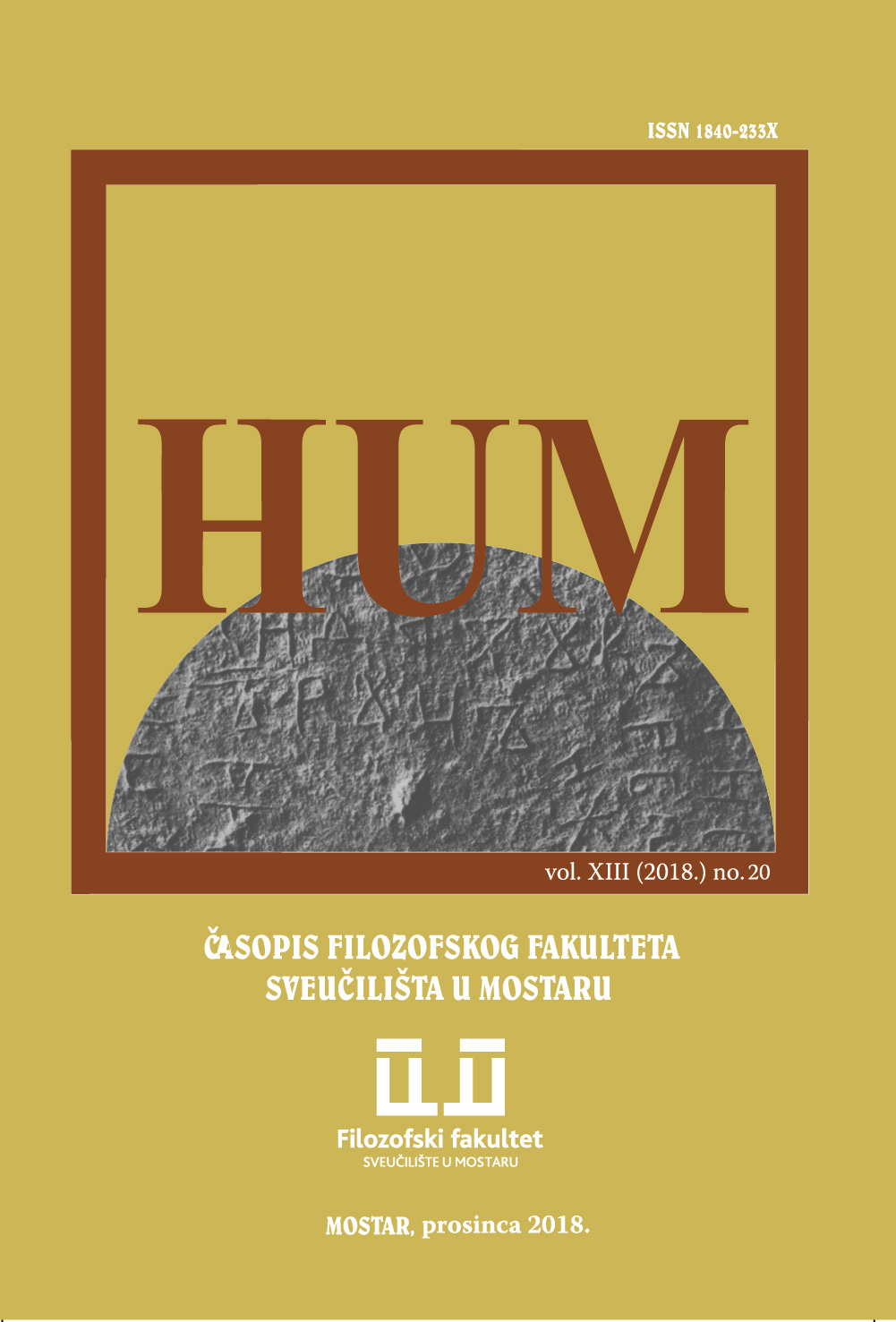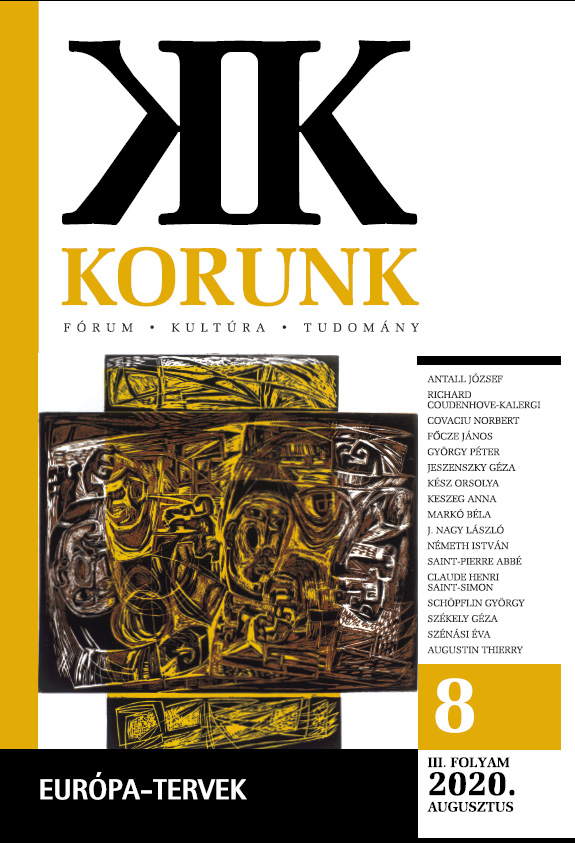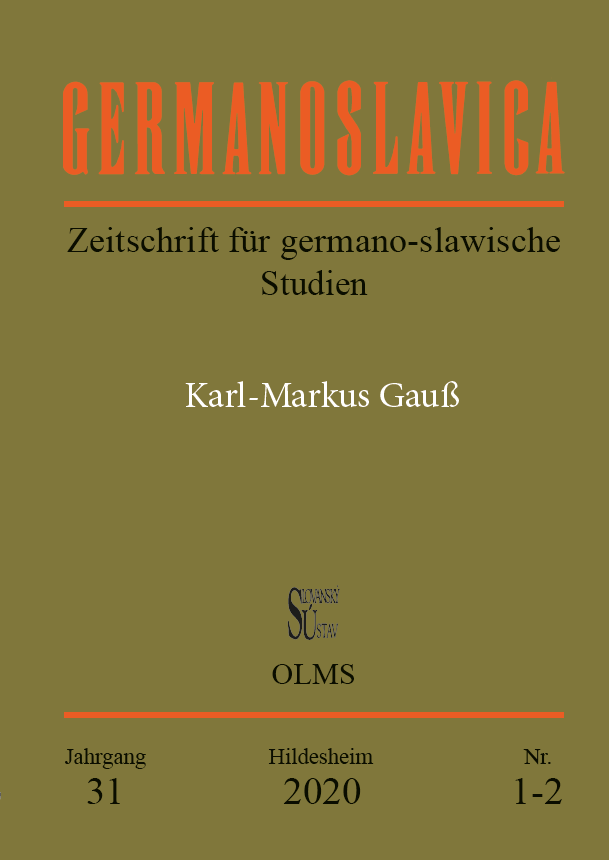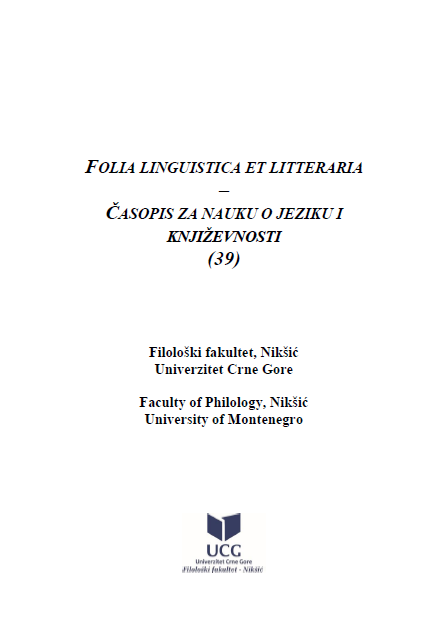Author(s): Marija Jeftimijević Mihajlović / Language(s): Serbian
Issue: 3/2020
The novel by Peter Handke Wunschloses unglück Erzählung that has been translated in Serbian as A Misery Without Desires, in 1972, represents a true small literary masterpiece where is, in an intimate confession about the life of a mother who ended her life by taking an overdose of sleeping pills, revealed a whole philosophy of the horror of the emptiness of life on one hand, and the autoreferential aspect of the author himself who gives his poetic insights about the meaning of literature/writing in resisting such a horror, or in overcoming it. The use of expression “horror” is double motivated, that is, it has two meanings: first, it signifies a horror of emptiness that comes up with his mother’s death, and the second, it designates a horror of the mother’s life that the writer tries to depict and narrate. Therefore, the spaces of horror are in the one who narrates and in the one who was the subject of narration. Still, the real question is: do the spaces accumulate or multiply by writing, that is, do they enlarge, or does the writing help in overcoming the fear of them? Although Handke clearly states that “writing didn’t help,” he doesn’t deny that merely describing, as an attempt to find a precise and an adequate depiction of a mental state, brings “some joy” or “it turns the bliss of emptiness into a bliss of memories,” which implies that writing annuls the fear. Horror vacui, or “fear of emptiness,” a term that originates from Aristotle, and the term that the author uses at the end of his novel, implies that a more precise usage/translation would be not fear but horror because the horror is the subject of this lyrical novel A Misery Without Desires.
This novel arises in a boiling fusion of a tragic personal event, as a „horror vacui in the consciousness“ and represents an existential drama with “the elements of the horror” that are less of Sartre’s nausea and more of Berdyaev’s sorrow for a high form of life, for the spaces of existence that are beyond dreams and that can be reached by one way only – by desire. Described and defined by a circle (of one life) as a determinant, the novel A Misery Without Desires represents a significant and symbolic full stop that is put in defense of a tragically ended life and on a person’s right to stay alone in the personal misery, without desires to fill the horrors of emptiness with the presence or words of others. That space of stupor that emerged by the mother’s death, as a state of quivered and disturbed consciousness, has been to an extent or temporarily filled with writing as a possible way of overcoming the fear of emptiness that comes with death.
More...
